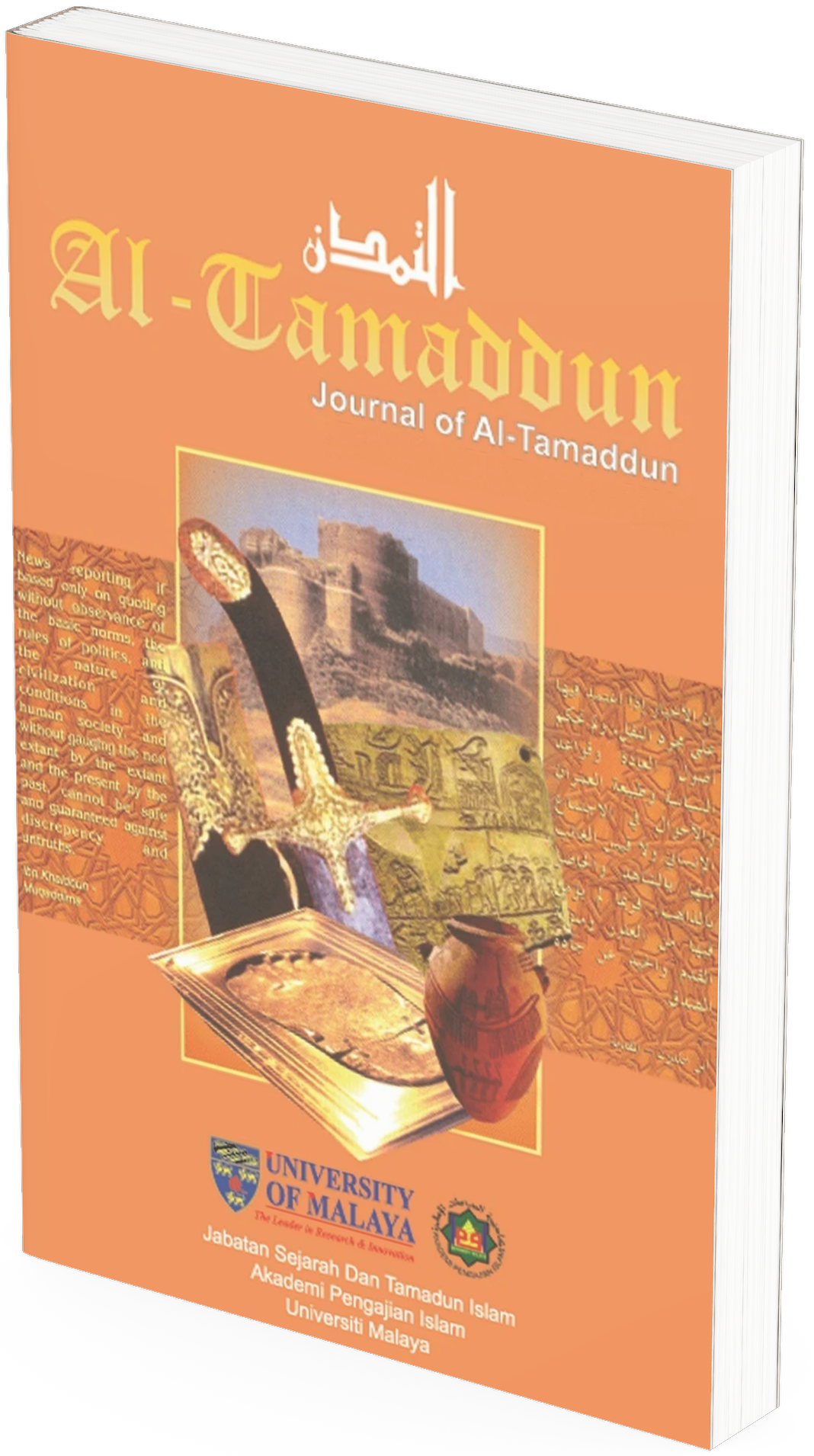John L. Esposito, Tamara Sonn, And John O. Voll (2016). Islam And Democracy After The Arab Spring. Oxford: Oxford University Press. 306 Pages. ISBN: 978-0-19514798-8
DOI:
https://doi.org/10.22452/JAT.vol17no2.23Keywords:
Islam, Democracy, Arab Spring, Middle EastAbstract
This book discusses the dynamics of the relationship between Islam as a religious and political teaching with democracy in the context of the effects of the Arab Spring and the subsequent events after it. The authors, who are considered to be “titans” in the field of democracy and Islam, started the book by saying “Many western observers were shocked when Arabs began open rebellions against their governments in December 2010” and this seem to point out not only the unpredictability of the uprisings, but also to the inaccuracy behind several of the most accepted assumptions about politics and governance in the Arab world. The chapters of the book discuss the experiences of political transition in general and how democratisation works in particular through the examples of seven different countries, namely Turkey, Iran, Pakistan, Indonesia, Senegal, Tunisia and Egypt.
Downloads
Additional Files
Published
How to Cite
Issue
Section
License
Copyright (c) 2022 Journal of Al-Tamaddun

This work is licensed under a Creative Commons Attribution-NonCommercial 4.0 International License.
By submitting manuscripts to the Journal of Al-Tamaddun, authors agree to transfer copyright to the journal. However, authors may republish their work or grant others permission to republish it; in which case it should be accompanied by a proper acknowledgment that the work was originally published in the Journal of Al-Tamaddun. The journal adopt CC-BY-NC licence which authors may also share and distribute their article anywhere of non-commercial website, social media and repositories immediately on publication.
Authors may also reuse the Abstract and Citation information (e.g. Title, Author name, Publication dates) of their article anywhere at any time including social media such as Facebook, blogs and Twitter, providing that where possible a link is included back to the article on the journal site.










